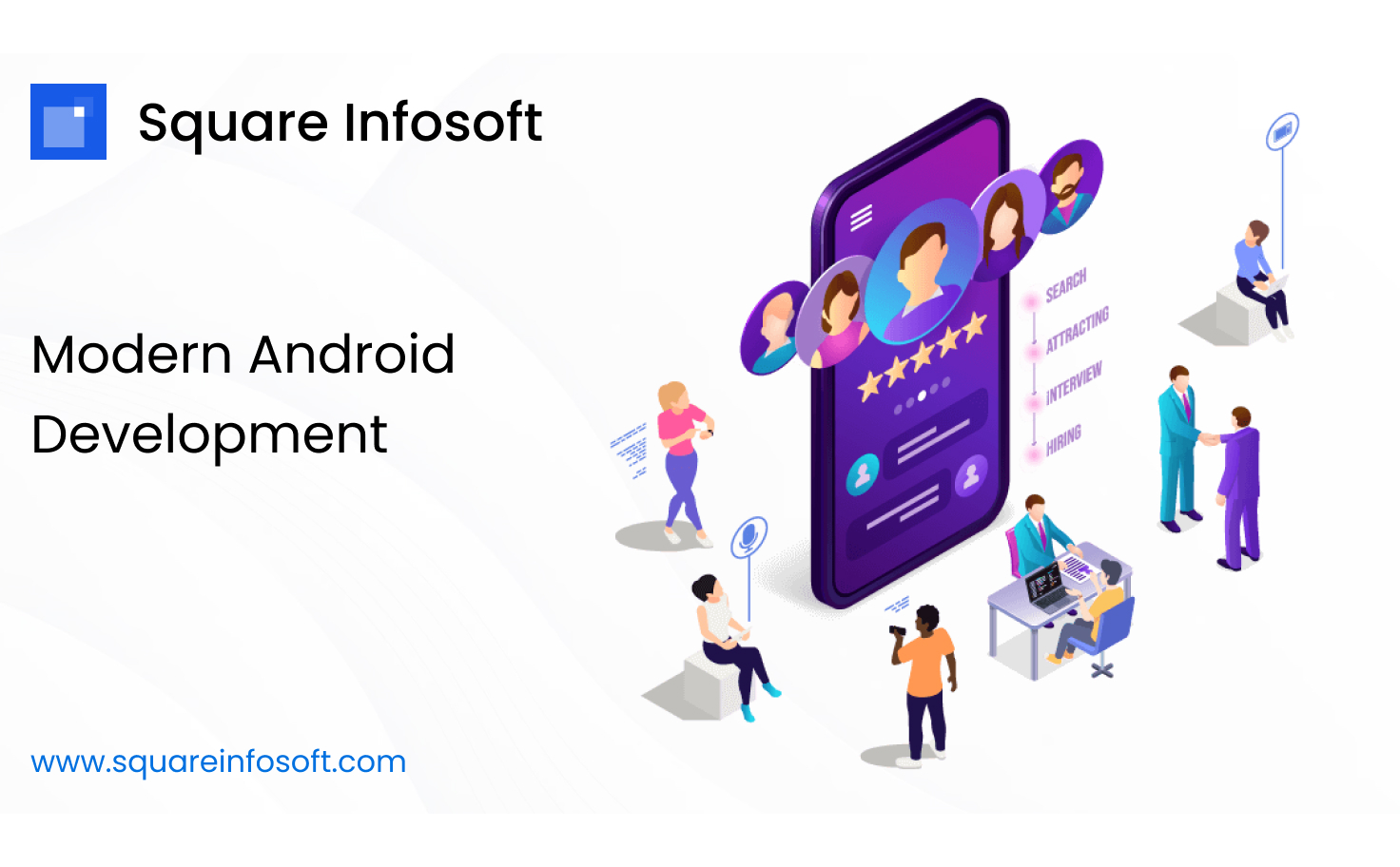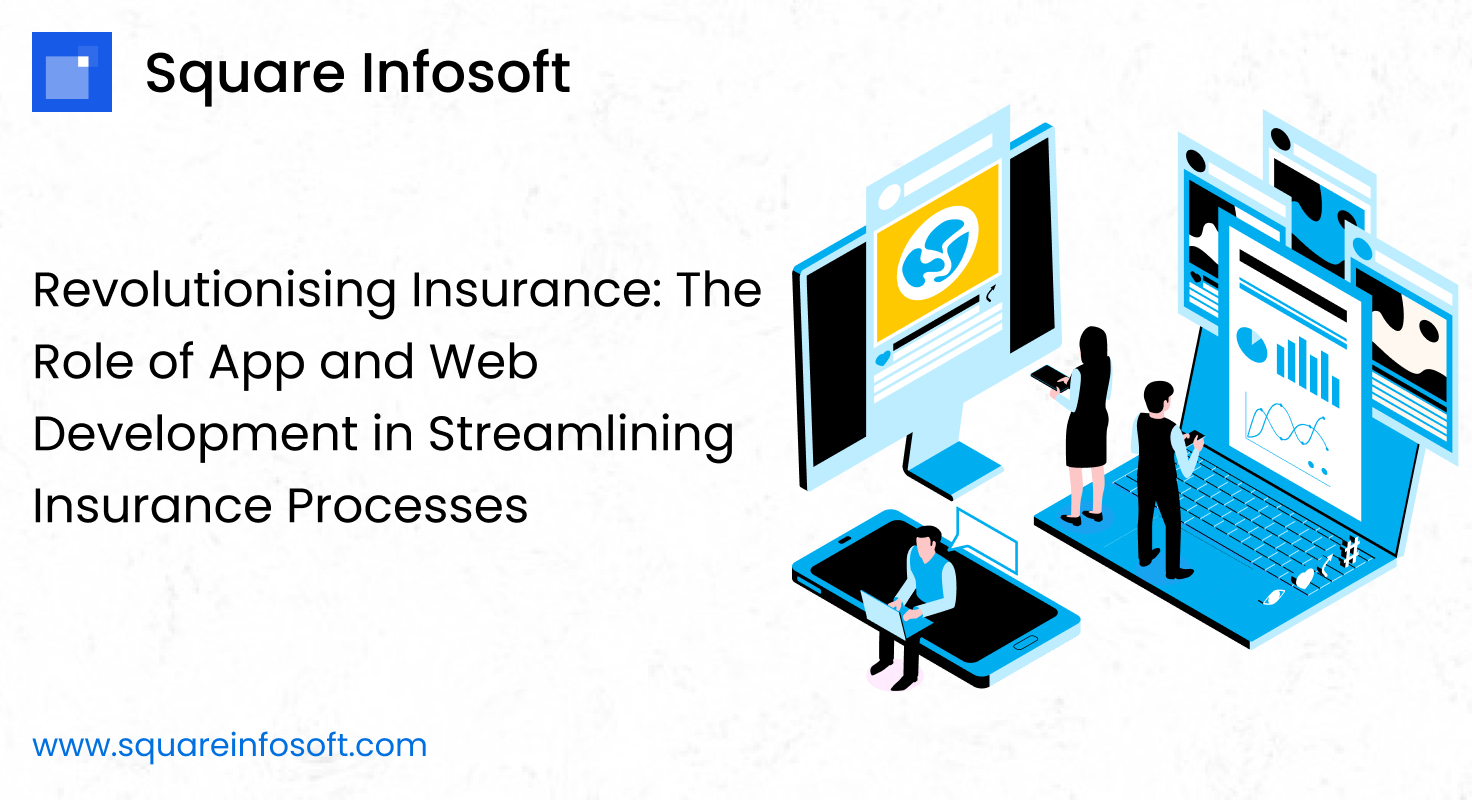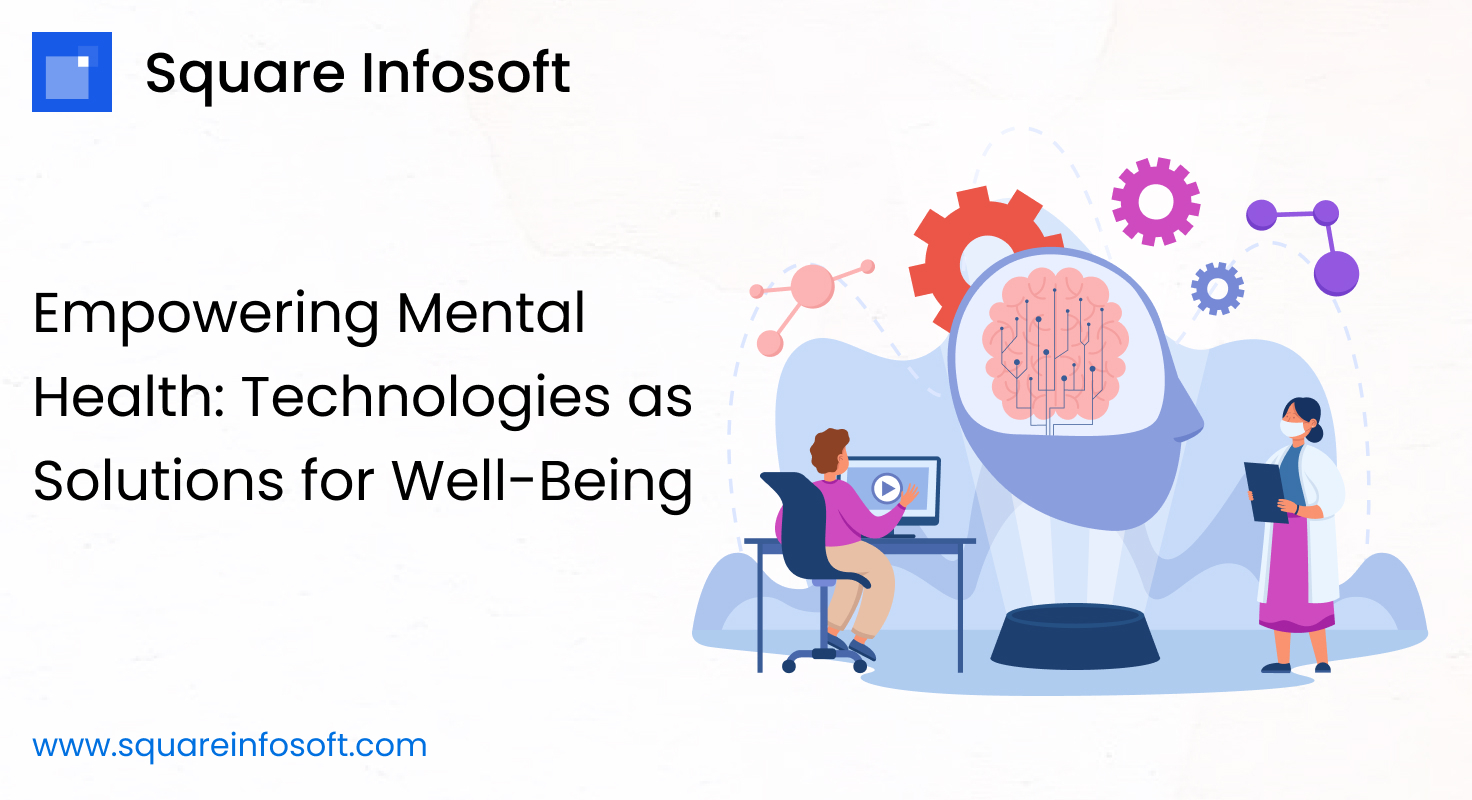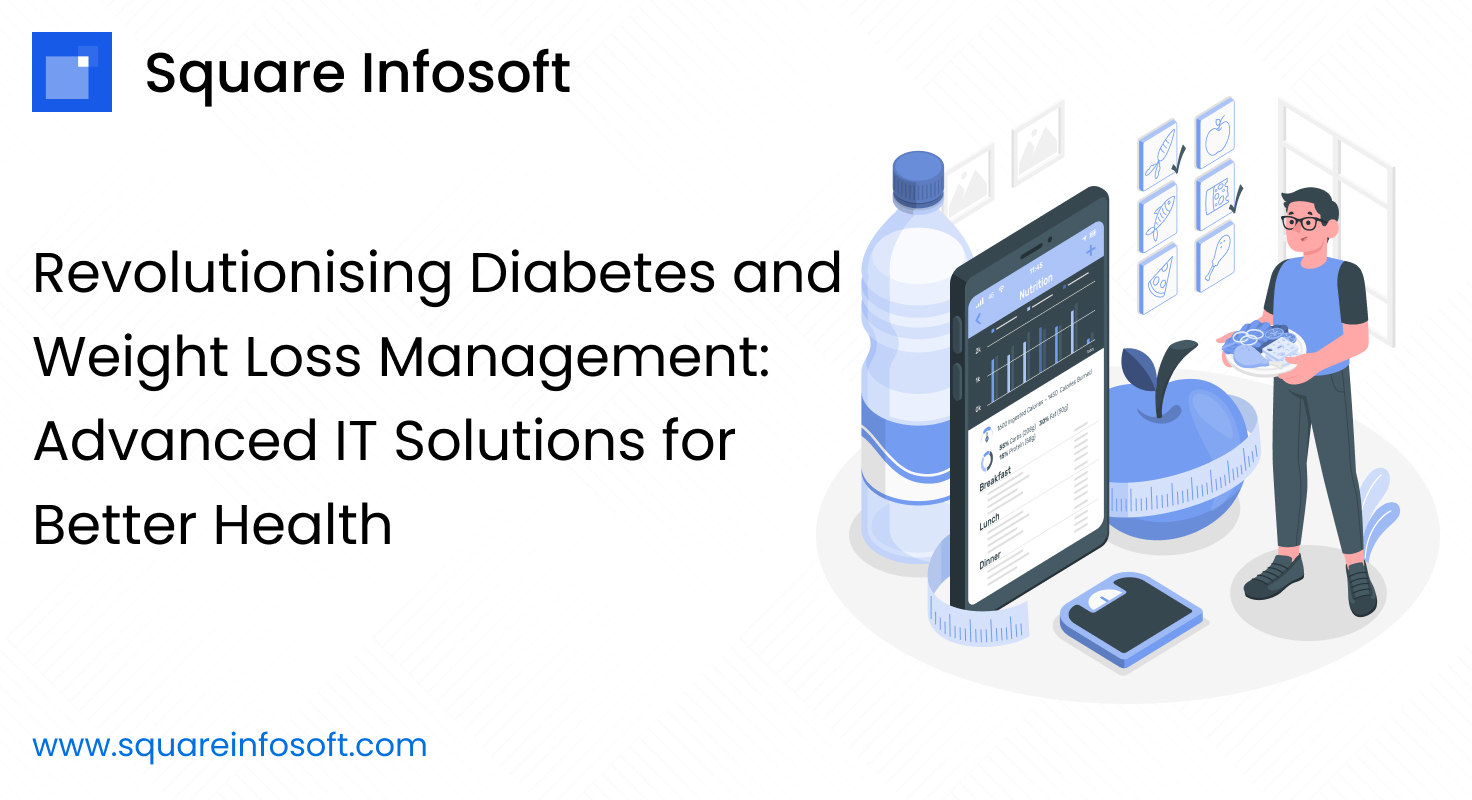Modern Android development refers to the latest approaches, tools, and best practices used to build high-quality, efficient, and maintainable Android applications. It encompasses various technologies and methodologies aimed at improving developer productivity, enhancing user experience, and adapting to the evolving landscape of mobile development. Below, I’ll provide a detailed explanation of modern Android development, covering key aspects such as Kotlin, Jetpack, Compose, architecture patterns, testing, and deployment.
- Kotlin Programming Language:
- Kotlin has emerged as the preferred programming language for Android development due to its modern features, concise syntax, null safety, and interoperability with Java. Kotlin offers numerous advantages over Java, such as enhanced readability, reduced boilerplate code, and improved type inference. Developers benefit from features like extension functions, coroutines for asynchronous programming, and seamless integration with Android APIs.
- Jetpack:
- Jetpack is a set of libraries, tools, and guidance provided by Google to accelerate Android app development and improve app quality. It encompasses various components such as Lifecycle, Live Data, View Model, Room, Work Manager, Navigation, and more. Jetpack components address common challenges in Android development, such as lifecycle management, data persistence, background processing, navigation, and UI architecture.
- Jetpack Compose:
- Jetpack Compose is a modern UI toolkit for building native Android UIs declaratively using Kotlin. Compose simplifies UI development by allowing developers to describe the UI hierarchy and UI behavior using composable functions. It provides a reactive programming model, state management, and powerful layout capabilities. Compose enables developers to create highly customizable and dynamic UIs while promoting code reuse and maintainability.
- Architecture Patterns:
- Modern Android development encourages the adoption of architecture patterns that promote separation of concerns, modularity, and testability. Common architecture patterns include Model-View-ViewModel (MVVM), Model-View-Presenter (MVP), Clean Architecture, and the recently introduced MVI (Model-View-Intent) pattern. These patterns help organize code, improve code maintainability, and facilitate automated testing.
- Testing:
- Testing is an integral part of modern Android app development, with a focus on improving app quality and reliability. Developers employ various testing techniques, including unit testing, integration testing, and UI testing, to ensure the correctness and stability of their apps. Tools such as JUnit, Mockito, Espresso, and Robolectric are commonly used for testing Android applications. Additionally, Test-Driven Development (TDD) and Behavior-Driven Development (BDD) methodologies are encouraged to write tests early in the development process.
- Dependency Injection:
- Dependency injection (DI) is a practice widely adopted in modern Android development to manage dependencies between components and promote modular, reusable, and testable code. Popular DI frameworks such as Dagger and Hilt simplify the process of dependency injection by handling object creation, dependency resolution, and scoping. DI facilitates decoupling of components, improves code maintainability, and enables easier unit testing.
- Continuous Integration and Deployment (CI/CD):
- CI/CD practices are essential in modern Android development to automate the build, testing, and deployment processes. Continuous integration tools like Jenkins, Travis CI, or GitHub Actions automate the build and testing of Android apps, while continuous deployment tools streamline the deployment of app updates to app stores or internal distribution channels. CI/CD pipelines help ensure code quality, detect issues early, and deliver updates to users quickly and efficiently.
- Material Design and Motion:
- Material Design is Google’s design language for creating visually appealing and consistent user interfaces across different platforms and devices. Modern Android apps leverage Material Design guidelines to create intuitive, interactive, and visually engaging UIs. Additionally, motion design principles such as responsive animations, transitions, and gestures enhance the user experience by adding polish and delight to the app’s UI interactions.
Android development represents a paradigm shift in the way developers approach building Android applications. By embracing technologies such as Kotlin, Jetpack, and Compose, adopting architecture patterns like MVVM and Clean Architecture, prioritizing testing and dependency injection, and implementing CI/CD practices, developers can create high-quality, efficient, and maintainable Android apps. Furthermore, by adhering to Material Design guidelines and leveraging motion design principles, developers can deliver visually appealing and engaging user experiences. With a focus on improving developer productivity, enhancing user experience, and ensuring app quality, modern Android development enables developers to stay competitive in the rapidly evolving landscape of mobile development and meet the expectations of today’s mobile users.
- Material Design is Google’s design language for creating visually appealing and consistent user interfaces across different platforms and devices. Modern Android apps leverage Material Design guidelines to create intuitive, interactive, and visually engaging UIs. Additionally, motion design principles such as responsive animations, transitions, and gestures enhance the user experience by adding polish and delight to the app’s UI interactions.




